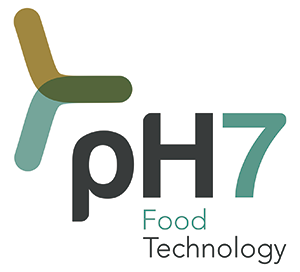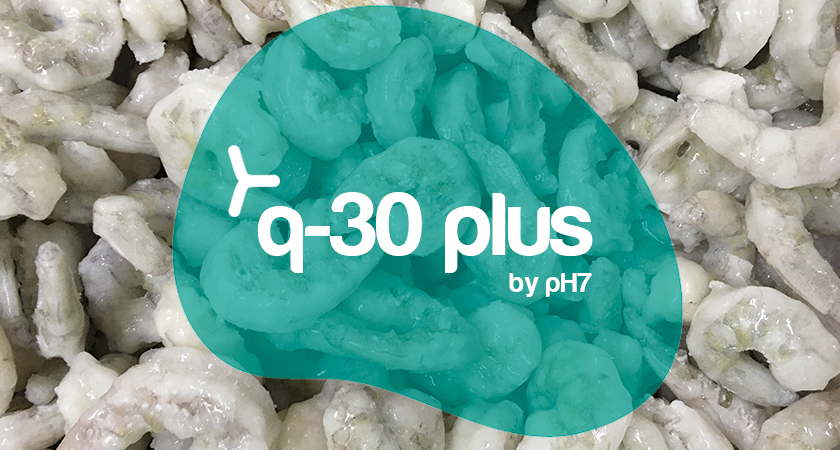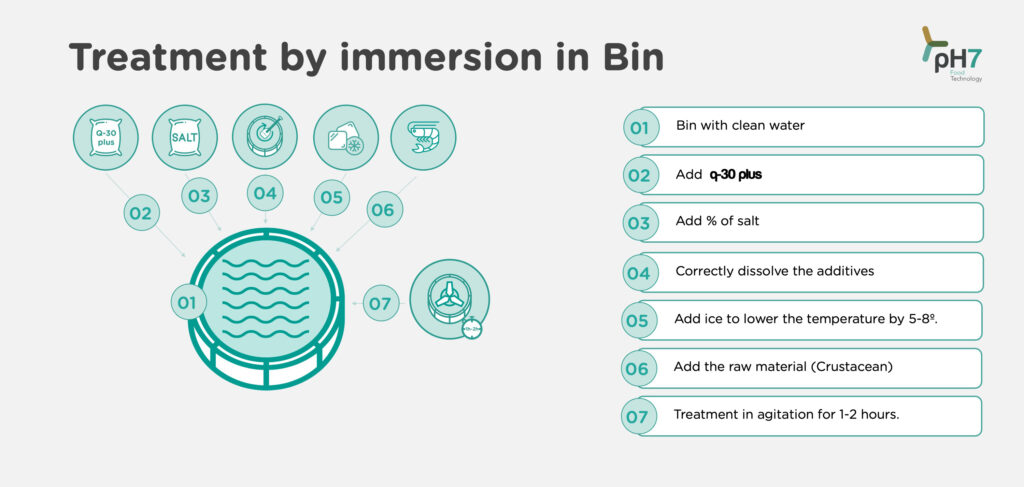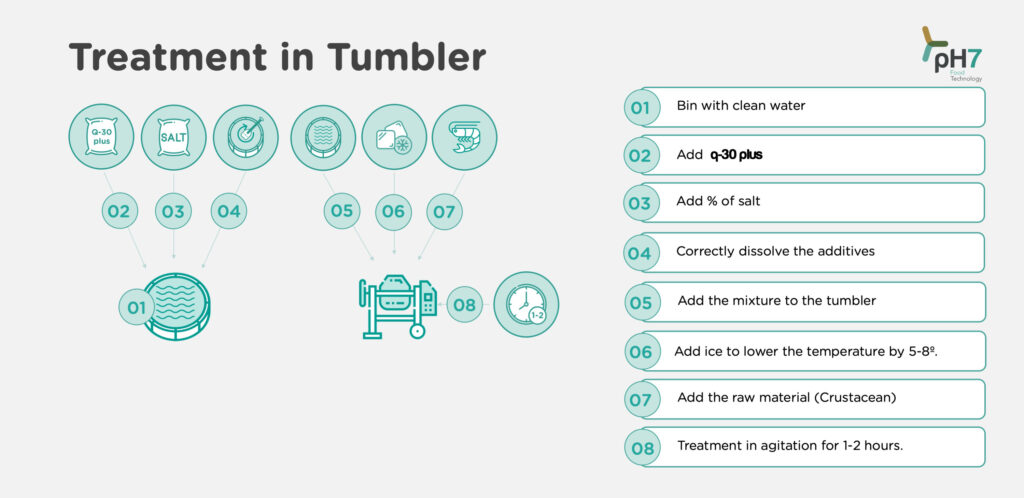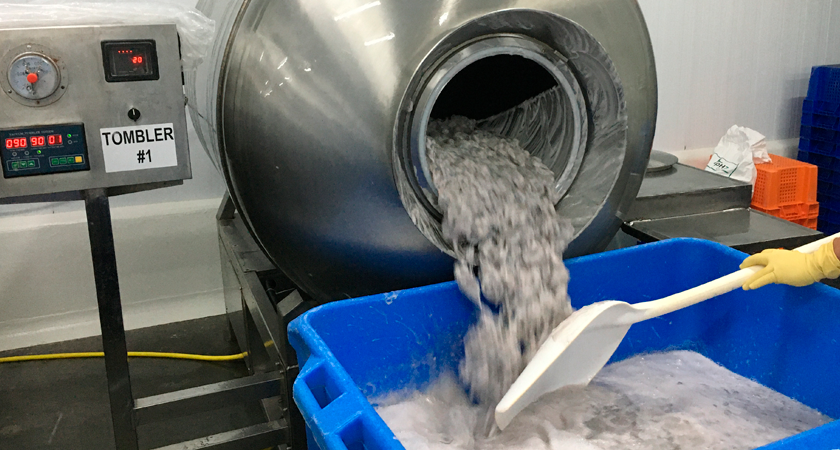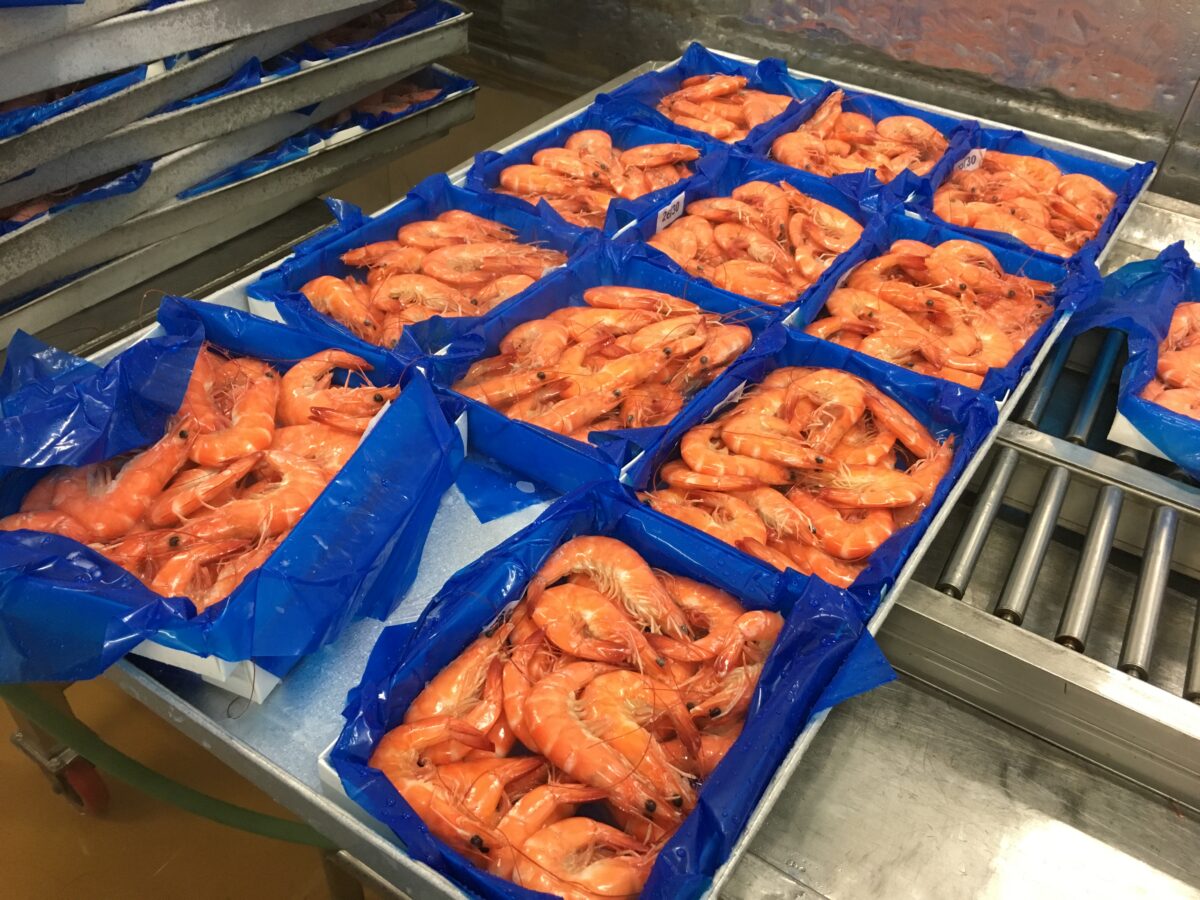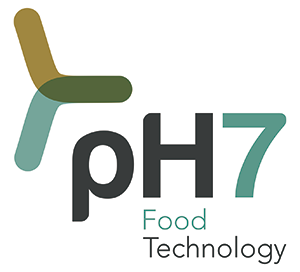PH7 Food Technology is the technological brand of food additives within the Food division of Grupo Barcelonesa. And what does this mean? Being part of a large chemical group allows us to offer you a personalized service, quality and according to the quality standards of large companies in the sector. Do you want to know what it means to be part of Barcelonesa? Keep on reading!
Quality and R&D
Barcelonesa’s technical area takes part in different phases of the process to always offer the best solutions adapted to your needs. This area is in charge of ensuring that all products are manufactured according to the quality standards applied in the different countries in which we operate and always generating all the necessary documentation. The different companies that are part of Grupo Barcelonesa are ISO certified and we have Halal and Kosher certifications. We have an integrated management system in which the areas of Quality, Safety and Occupational Risk Prevention and Environment converge, guaranteeing an integral and systematic approach that allows continuous improvement and compliance with legislation at all stages of the process.
We also comply with the objectives set out in the European Regulation for the Registration, Evaluation, Authorization and Restriction of Chemicals (REACH). These objectives are based on guaranteeing the safe use of chemical substances, limiting health and environmental risks and promoting the substitution of SVHC (Substances of Very High Concern).
We have a laboratory from which we can perform quality control of all our products, as well as develop our own formulations. We can also research and develop new products adapted to the needs of our customers and the market. From the Technical Area we can cover different needs:
- Advice on the use and application of products.
- Safe storage and handling of chemical products.
- Transportation of hazardous chemical products.
- Labeling and classification of chemicals, food additives, feed additives.
- Preparation of Safety Data Sheets.
- Quality, safety and environmental management.
- Management of food safety systems.
- Analytical Techniques
- Interpretation and application of generic and sectorial technical legislation.
- Support in the development of formulations.
- Optimization of formulations.
- Development of customized formulations.
Advanced logistics and distribution services
We have modern and innovative facilities with the best technology and the most advanced prevention measures. They allow us to offer our customers and suppliers the maximum guarantee of quality, without risks in the storage and handling of their chemical products. We have the following facilities:
- 1,400m2 warehouse adapted for flammable and corrosive products.
- 1,400m2 warehouse conditioned for very toxic, toxic and phytosanitary products.
- 6,500m2 warehouse compartmentalized into 3 sectors with RF240 partition walls for flammable and oxidizing products.
- 18 tanks of 75m3 built in A-410-B steel.
- 4 tanks of 40m3 built in A-410-B steel.
- Solids handling area.
- Liquid handling area.
- Laboratory in which to develop formulations.
Grupo Barcelonesa’s facilities are located in Barcelona, the most important logistics center in southern Europe. They have permanent security systems and all the means of protection required by the storage regulations ITC-MIE-APQ-1 / ITC-MIE-APQ-6 / ITC-MIE-APQ-7. In addition, Barcelonesa can act as a bonded warehouse and we have the following figures that allow us to provide customs and tax exemption until the time of use of the goods deposited in our warehouses:
- Bonded Warehouse
- Bonded Warehouse
- Temporary Deposit Warehouse
- Authorized Location for Export Goods
We also have our own dangerous goods transport company, BDtrans, which can pick up goods all over Europe and distribute them throughout the Iberian Peninsula. This allows us to close the circle, offering our customers the sale, storage and distribution of chemical products and specialties.
International Trading
Barcelonesa is in constant search all over the world for the best products for its customers, supplying them at the right time and exporting the chemical products to the desired country in the chosen quantity and format. Thanks to a long international experience, Barcelonesa has consolidated the ability to successfully perform all types of international operations, both “trading” direct sales to customers from origin, as well as “chartering” for bulk deliveries. We operate all over the world and have a trading infrastructure in more than 30 countries. Barcelonesa is able to supply large quantities of chemical products all over the world: from an FCL to a complete vessel delivered to the port you need.
More than 75 years of experience distributing chemical products with the main international manufacturers allows us to have access to the best materials from the best sources, guaranteeing a permanent supply of any product and origin. In addition, Barcelonesa has an extensive network of trusted international agents.
The years of experience and the presence of Barcelonesa in the main world markets, gives us a wide knowledge of the fishing and human food sector.
